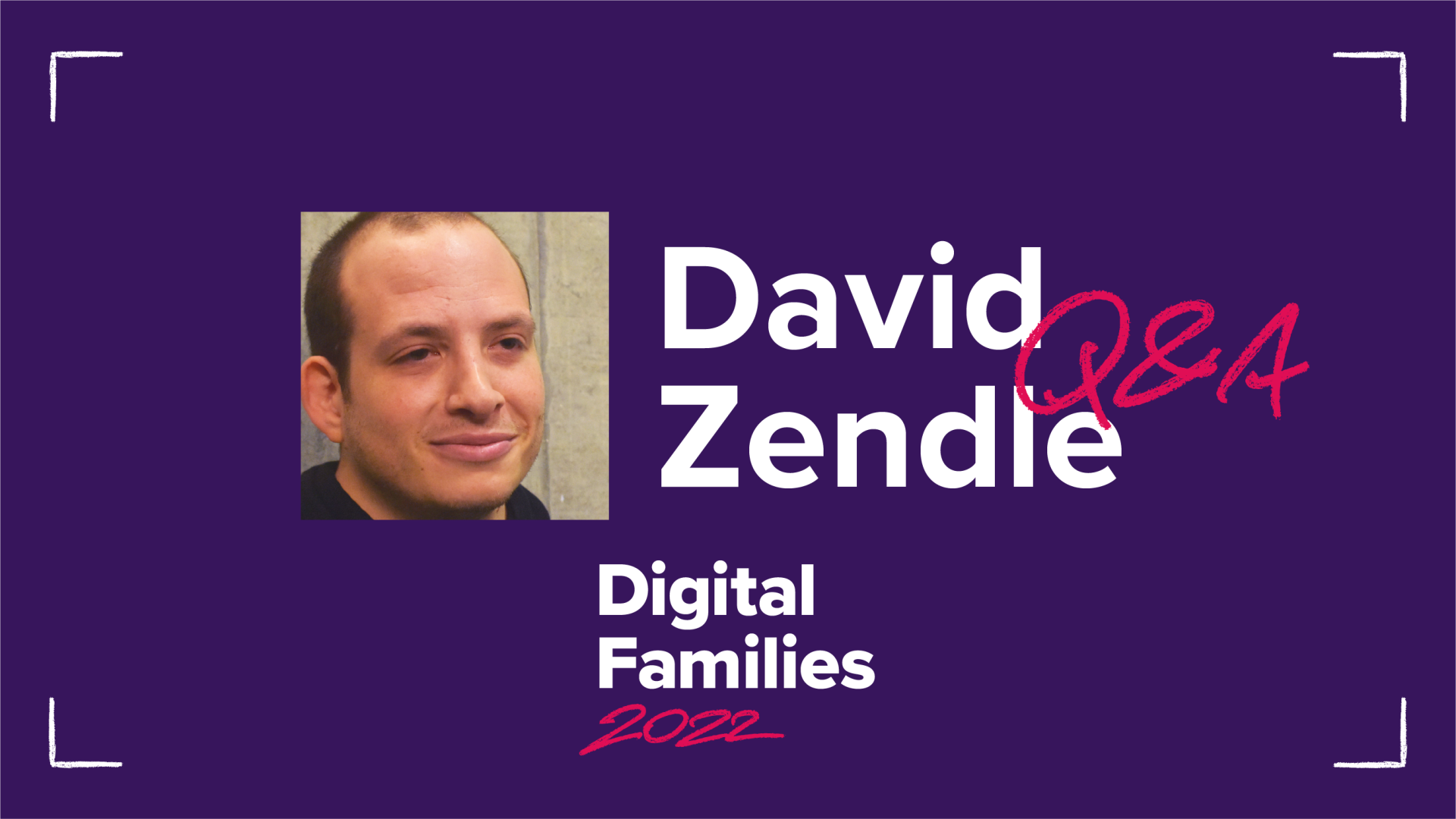Digital Families 2022: Q&A with Dr David Zendle
Dr David Zendle is a lecturer in the Department of Computer Science at the University of York, as well as a world-leading expert on video game monetisation and its impacts.
Ahead of being a guest speaker at Digital Families Conference 2022, David discussed modern gaming, what’s missing from the Online Safety Bill, and how more data might minimise harms of video game commercialisation.
![]()
PZ: What do you hope the Digital Families conference 2022 might explore?
Dr David Zendle: I think it would be good to use the conference as an opportunity to raise awareness of how playing a game now really differs from doing so 20 or 30 years ago.
Whereas before, games were boxed products, purchased on a disc or cartridge and with a fixed ending, this is no longer the case.
The modern notion of an ‘infinite game’, with content continually being added to it, opens up the possibility of them being used to continually sell players things through mechanisms such as loot boxes.
PZ: What is the most important thing parents need to be aware of when it comes to gaming and gambling?
DZ: I think it’s really important that we begin to understand how modern games are different. The technology underpinning gaming has fundamentally shifted.
Gaming platforms can now be people’s whole worlds, and the constant pressure to spend which can exist within games now has a real impact on the wellbeing of children and families, as well as their finances.
PZ: The Online Safety Bill fails to classify loot boxes as a form of gambling. What would you like to see from Parliament with regards to the bill and protecting children online?
DZ: Given that the Online Safety Bill focuses on regulating sites like Facebook and Twitter, it’s odd that gaming is barely even mentioned – despite the size of platforms like Fortnite, and how games can effectively function as social media spaces in themselves.
I think this is partly a semantic thing. As long as we continue to view ‘games’ as just playful experiences, we’re not going to appreciate that they are in fact so much more.
If the Online Safety Bill is designed to limit the harms which children and young people are exposed to online, then the Bill needs to be less shortsighted with regards to gaming.
PZ: What can parents do to help minimise the harms of gaming and monetisation?
DZ: There’s no clear way for parents to determine what kinds of in-game commercial pressure a child might face without exploring the game themselves.
Although this is a good way to get some insight into a specific game, not all parents are going to have the time to look into a game’s content.
Ultimately, structural change is needed, as is an effort from the top down. Both the Government and the gaming industry need to be pressured into releasing the data they’ve amassed, and to publicly and transparently label any commercial aspects of games.
Until this happens, it’s difficult to effectively research and isolate the real ‘bad actors’ within the industry.
PZ: Can commercialised games operate soundly and ethically with regards to consumers – particularly children?
DZ: I think there’s absolutely a healthy way to commodify games. There’s a way to do it that doesn’t exploit or coerce players, and there’s a way to do it which responds to the needs of children and families.
But as mentioned, until the industry and Government allow better insight into how much people spend [within gaming] and why, it’s really difficult to distinguish between the more responsible and the more damaging monetisation techniques.
![]()
This year’s Digital Families conference takes place on 18 October 2022. Register for your ticket here.

